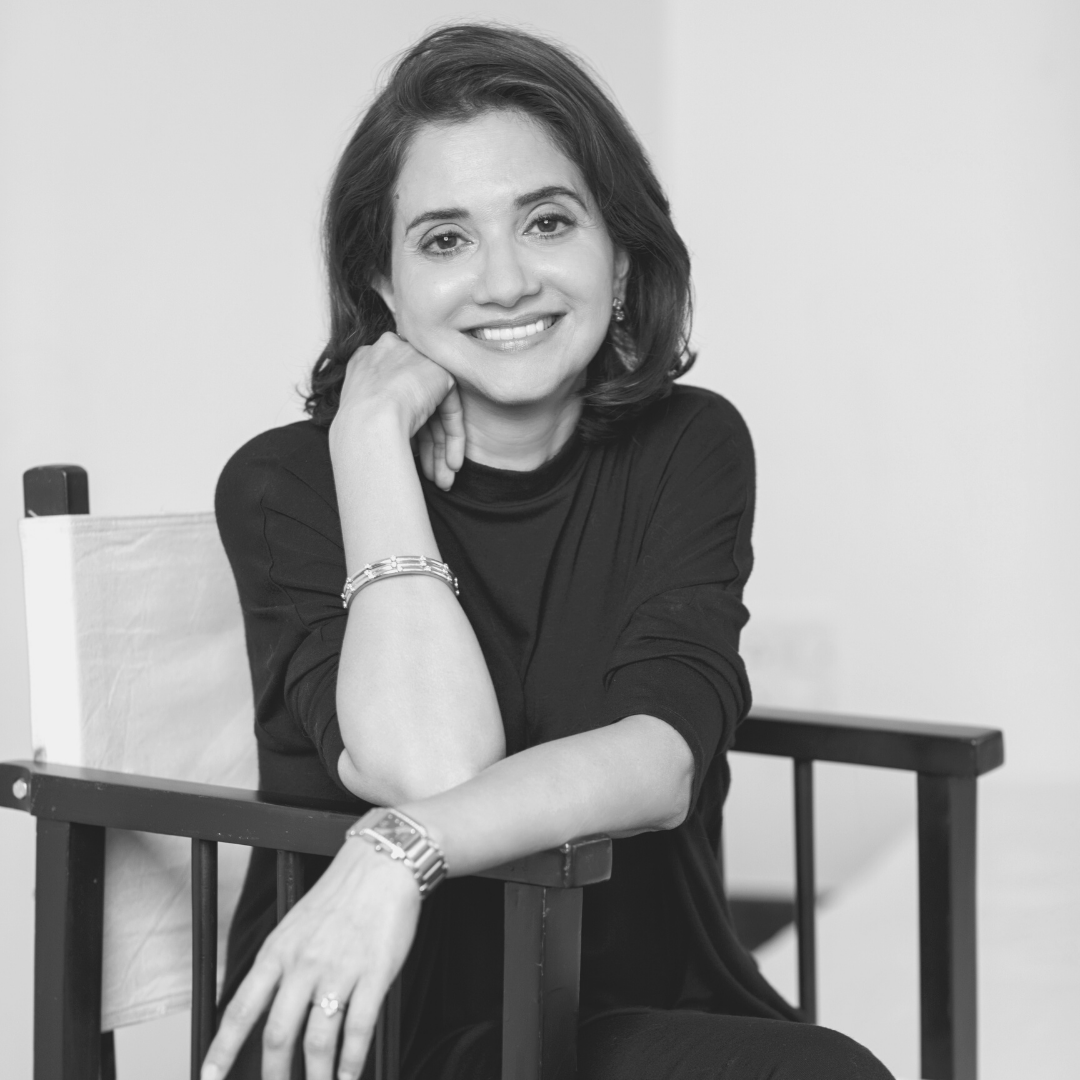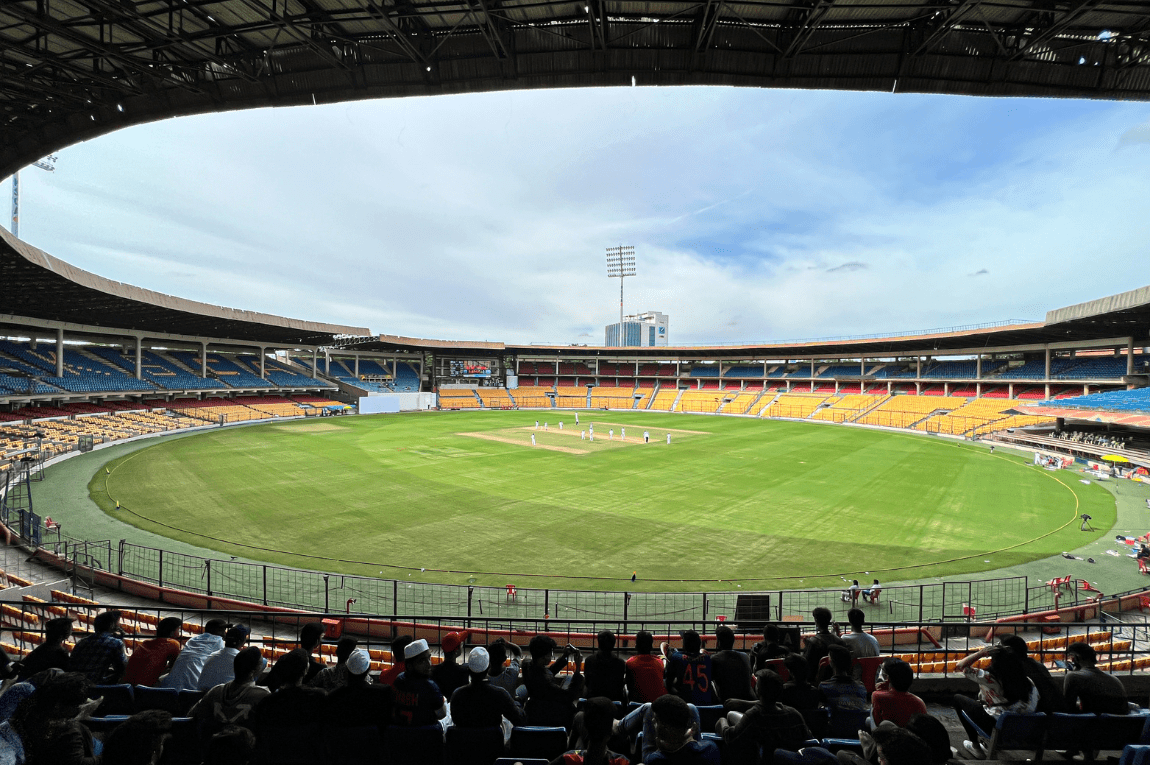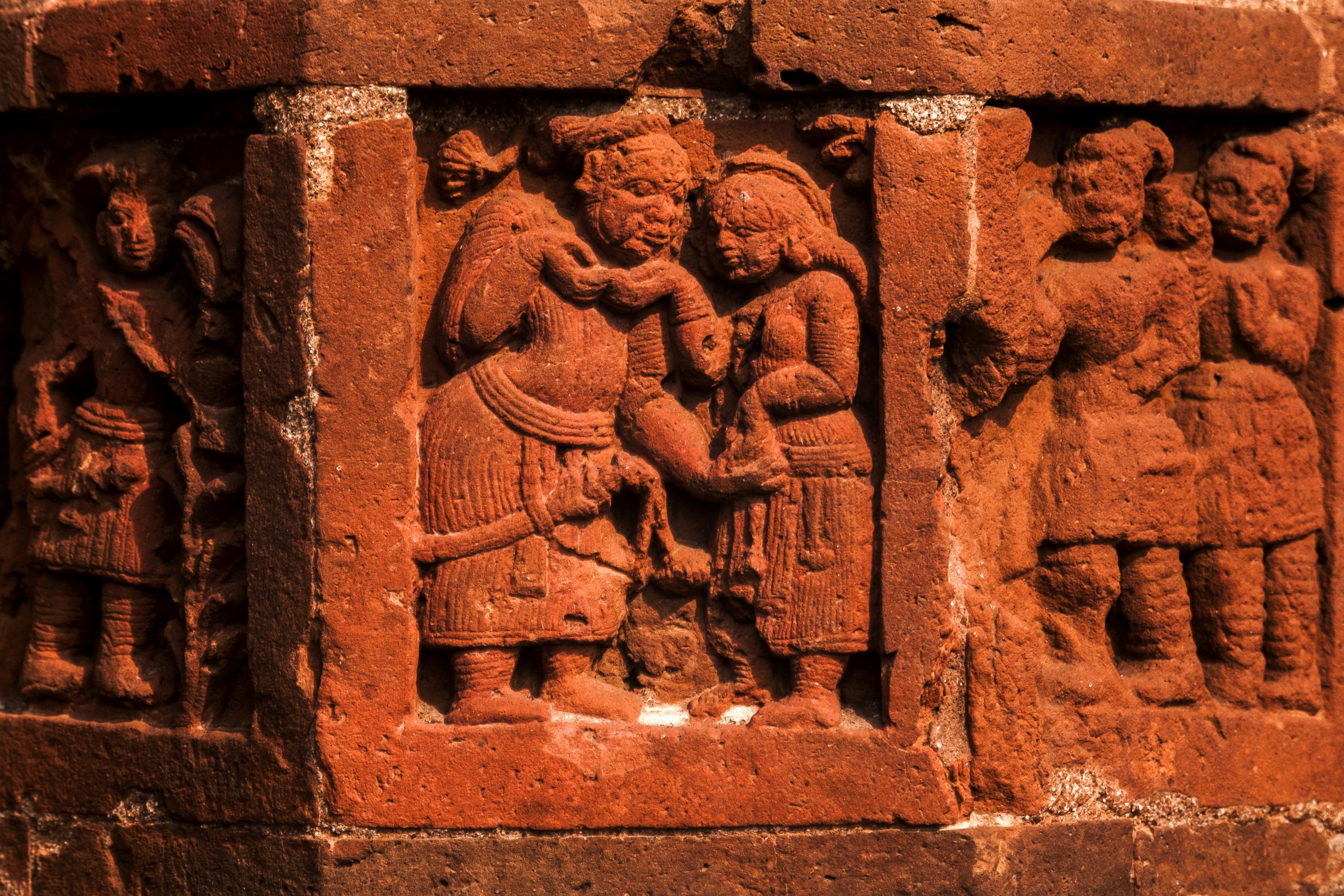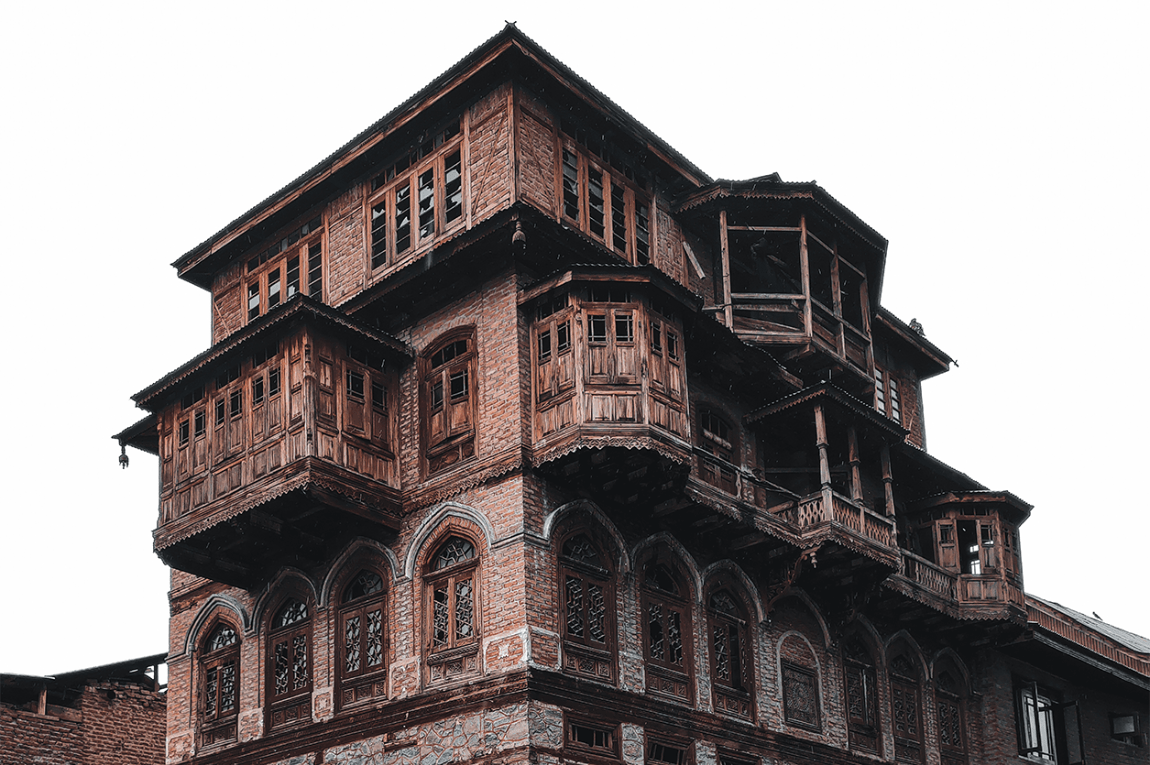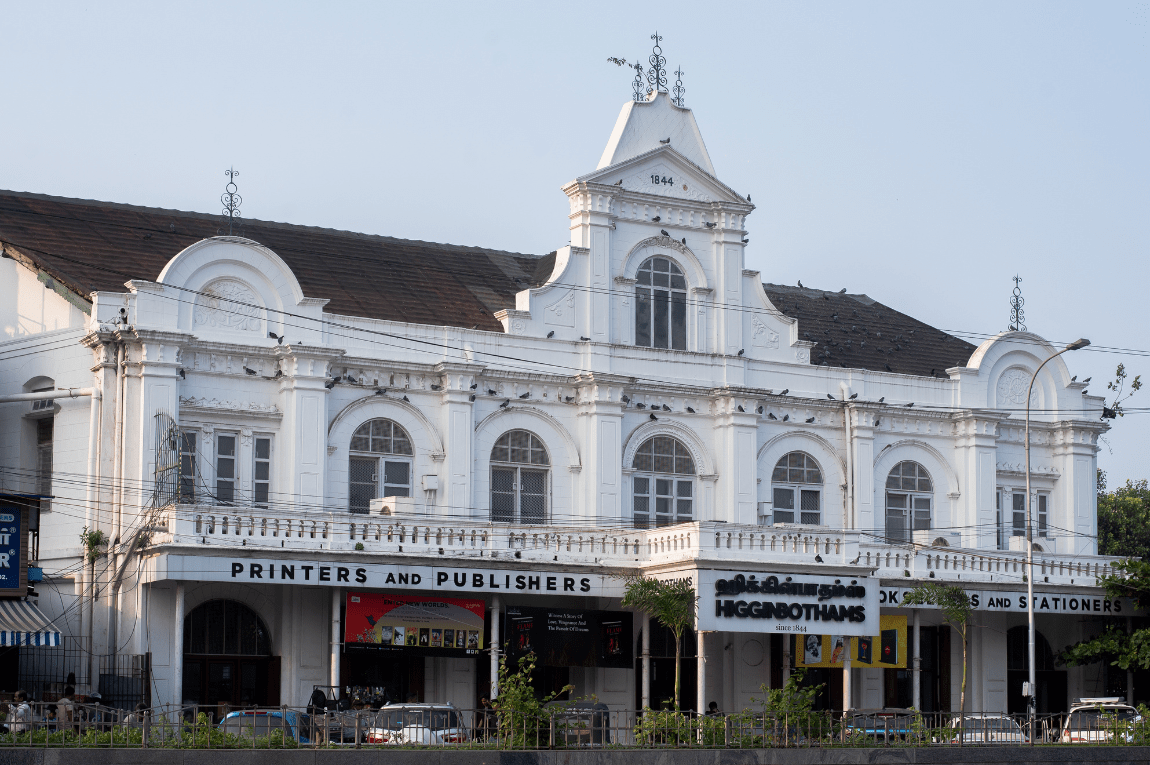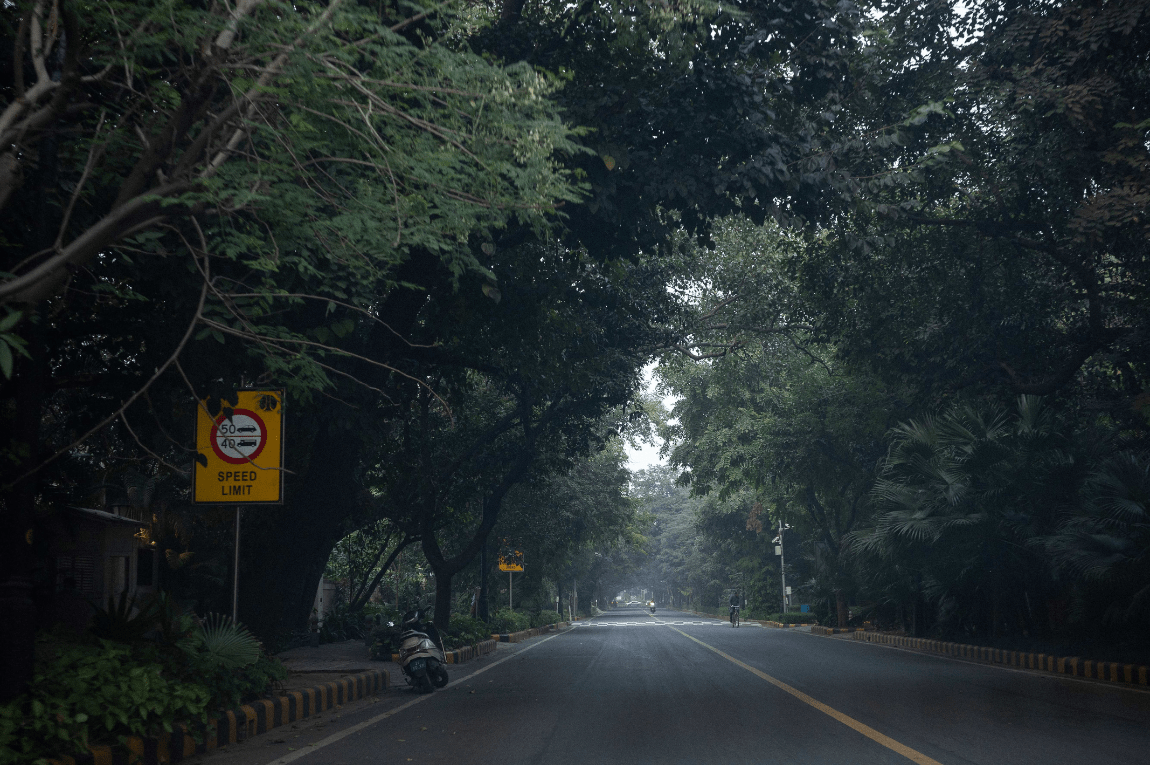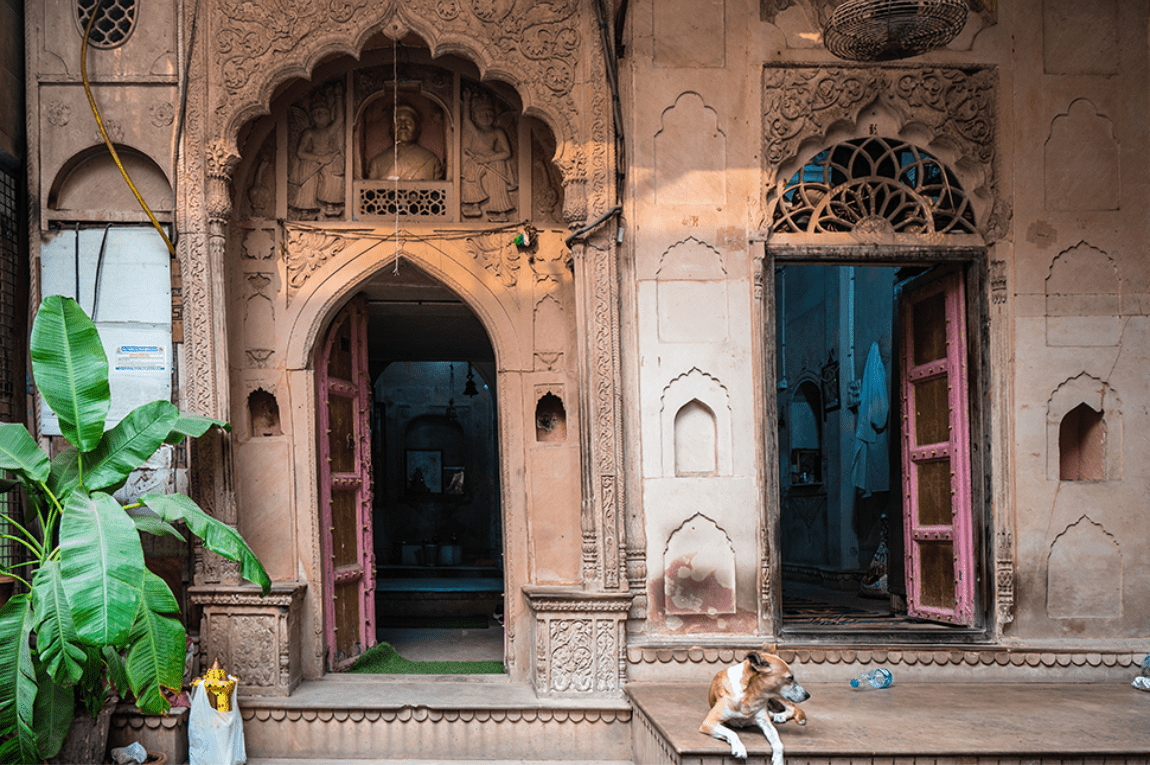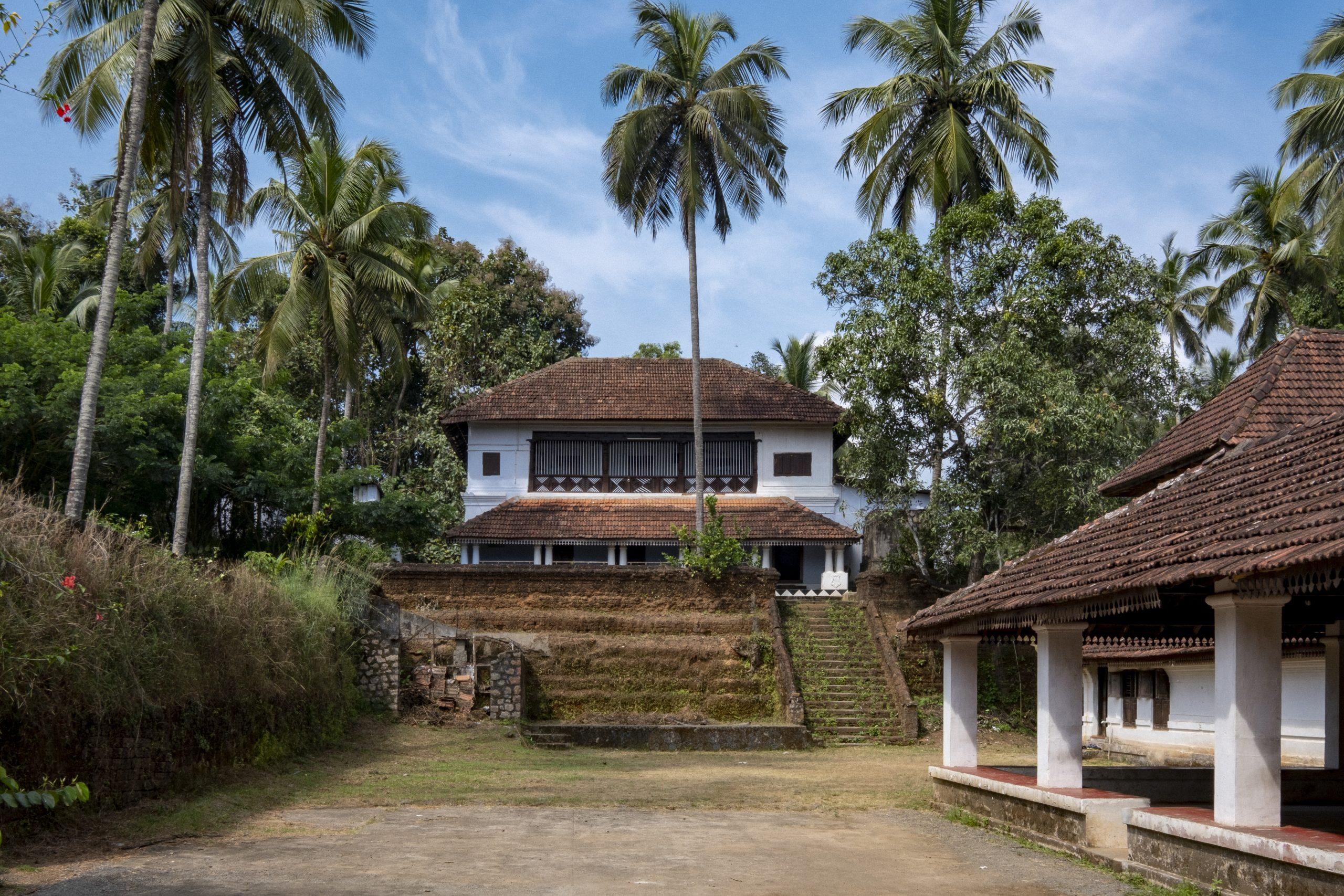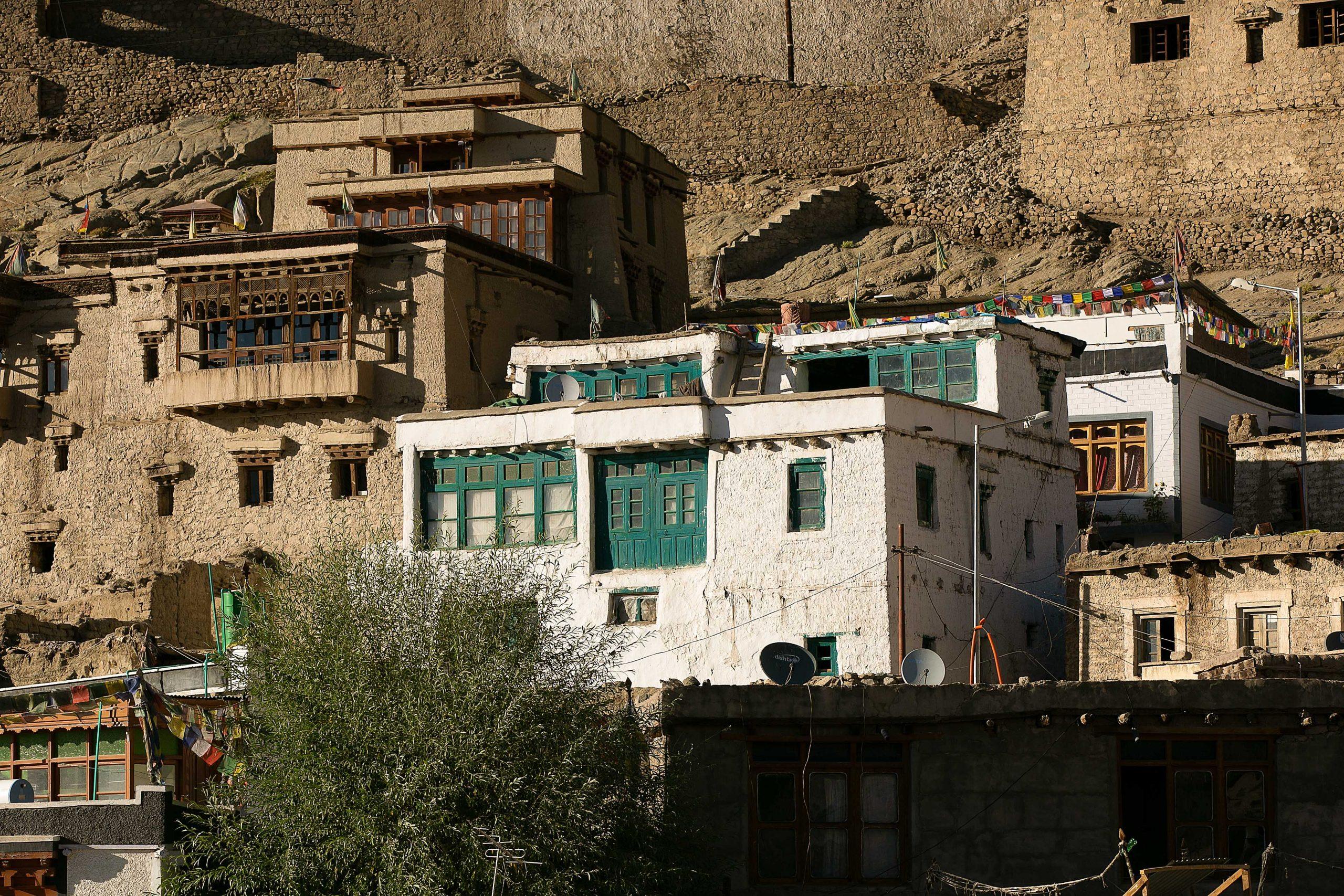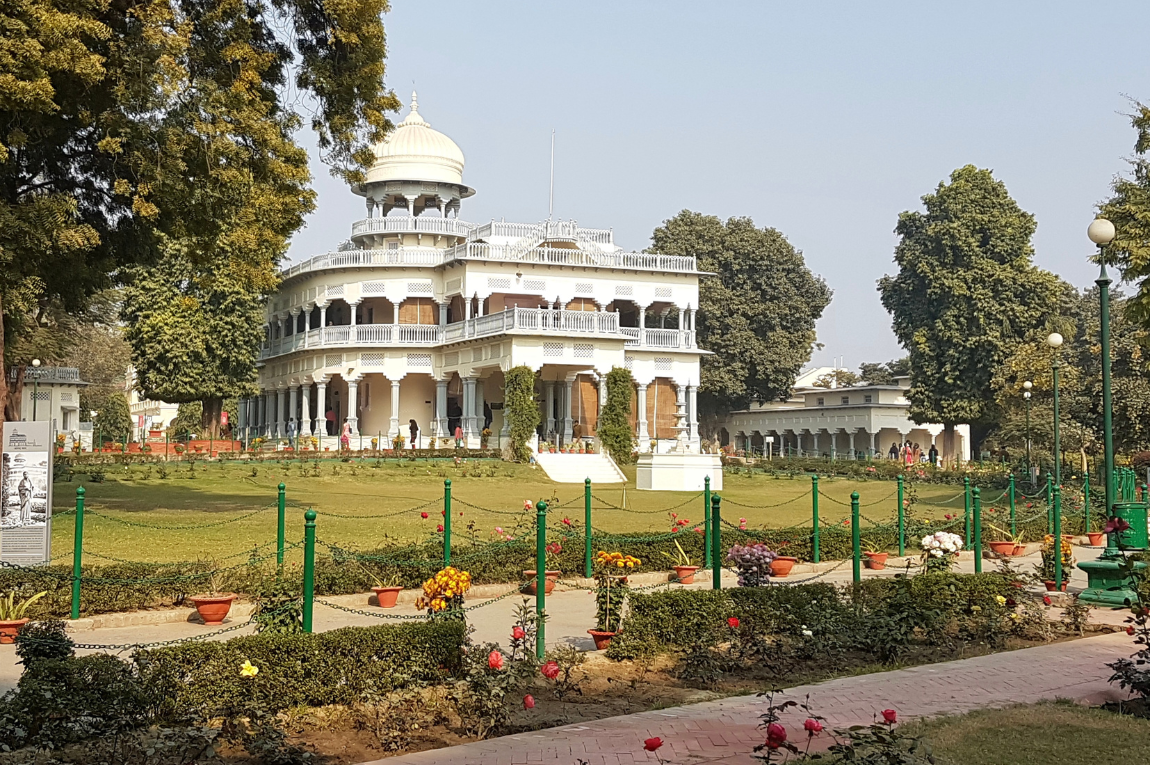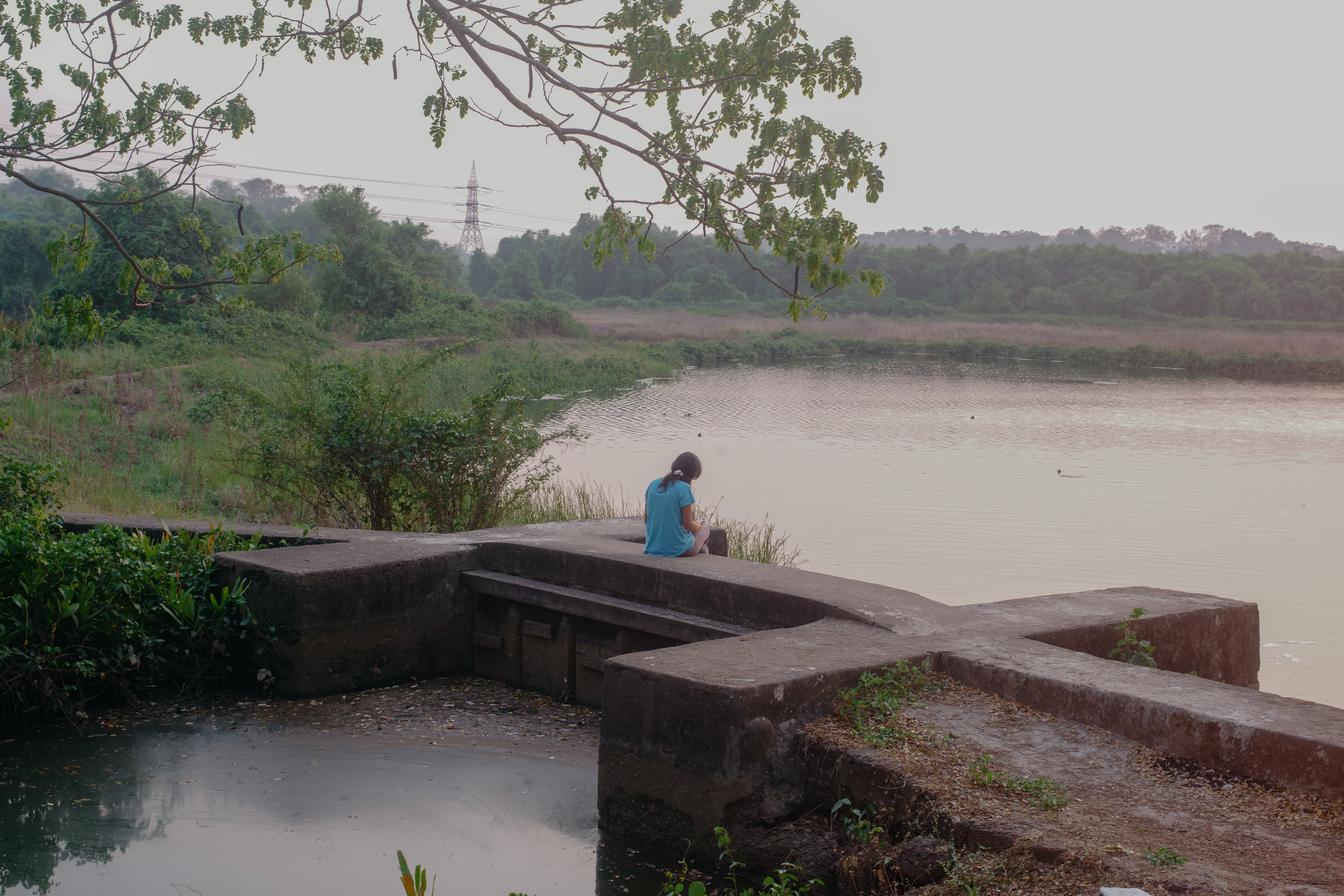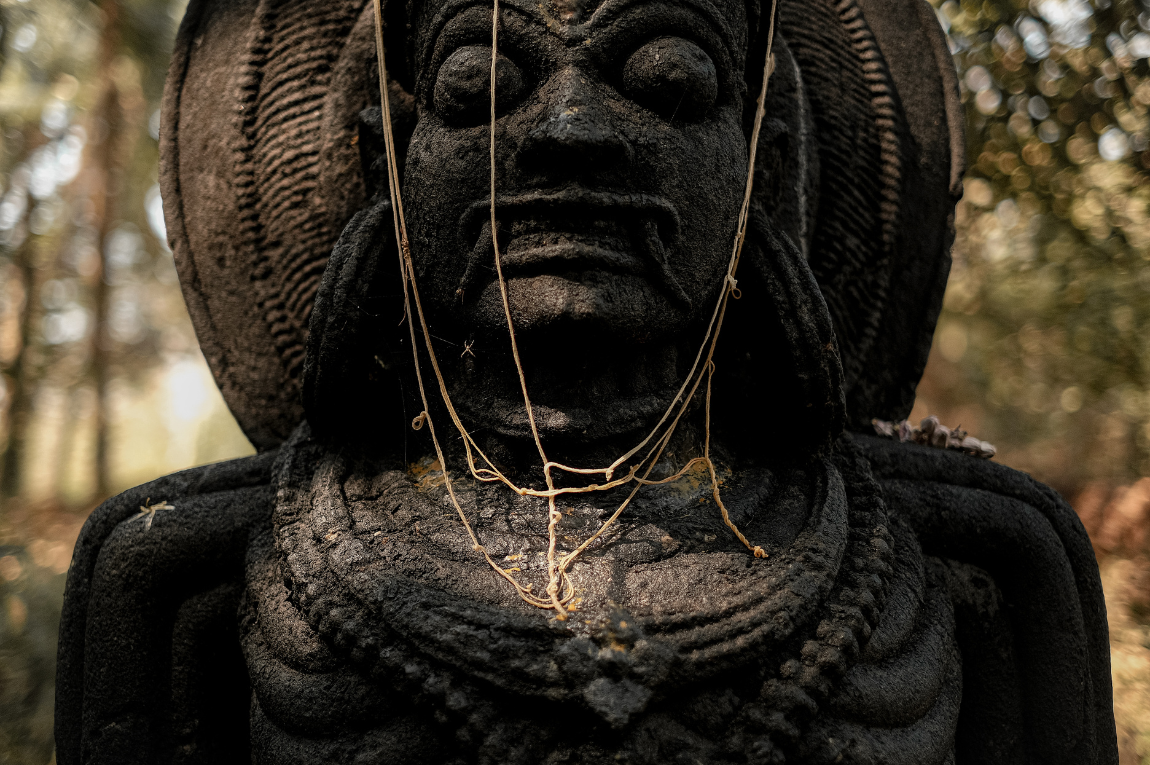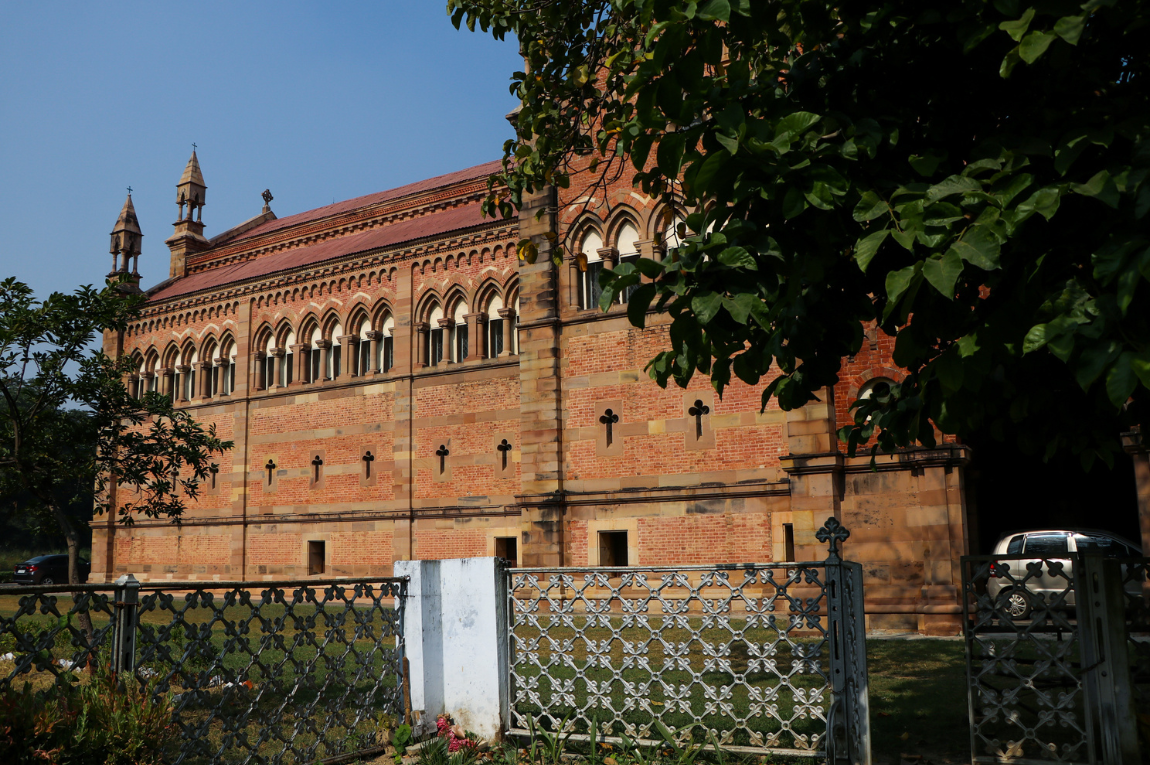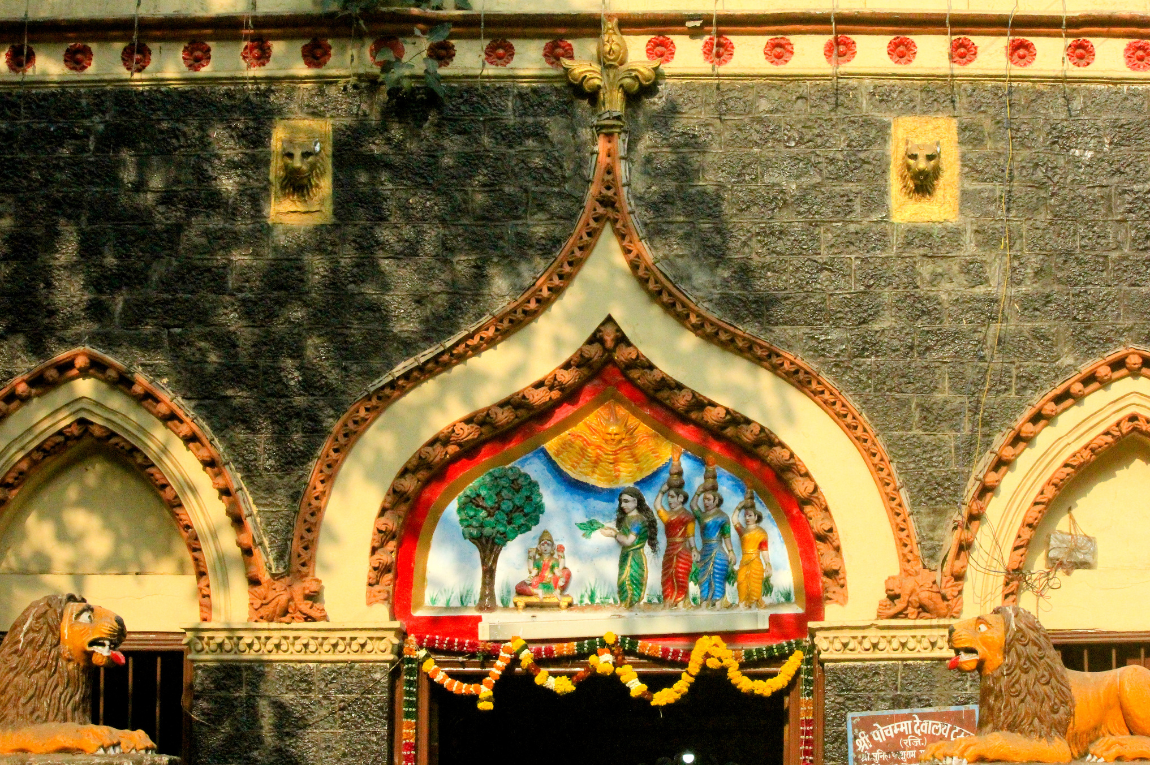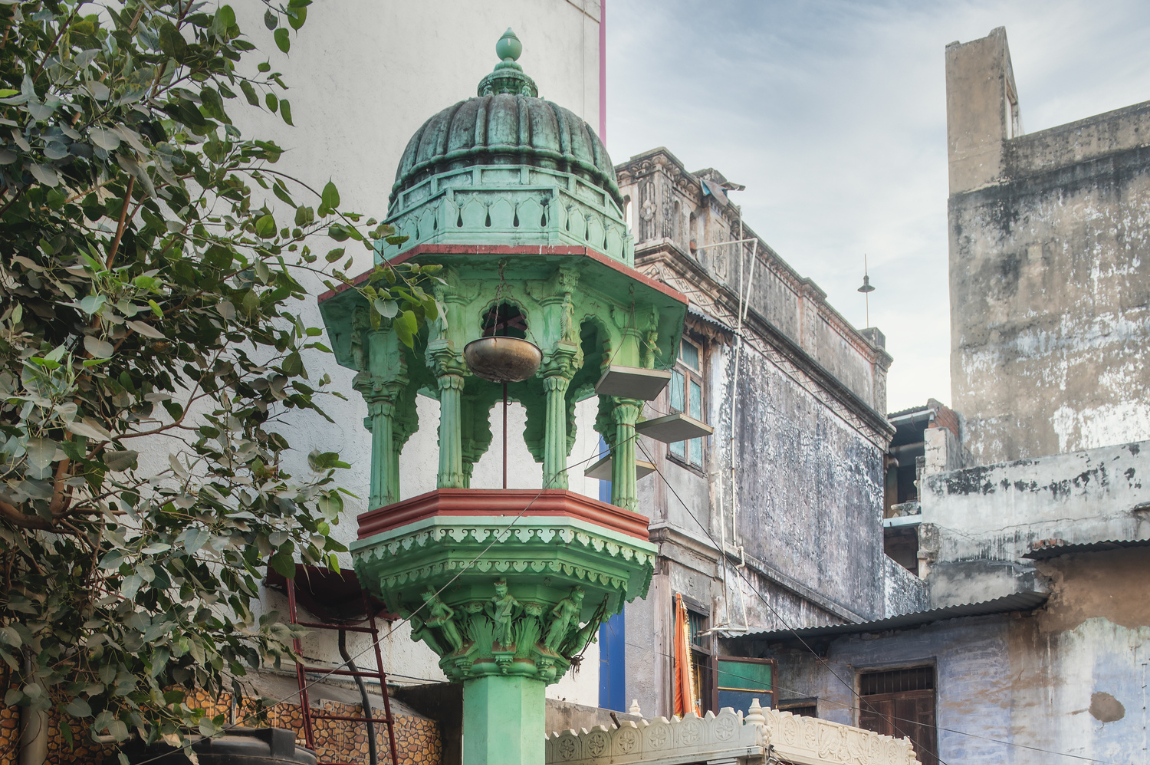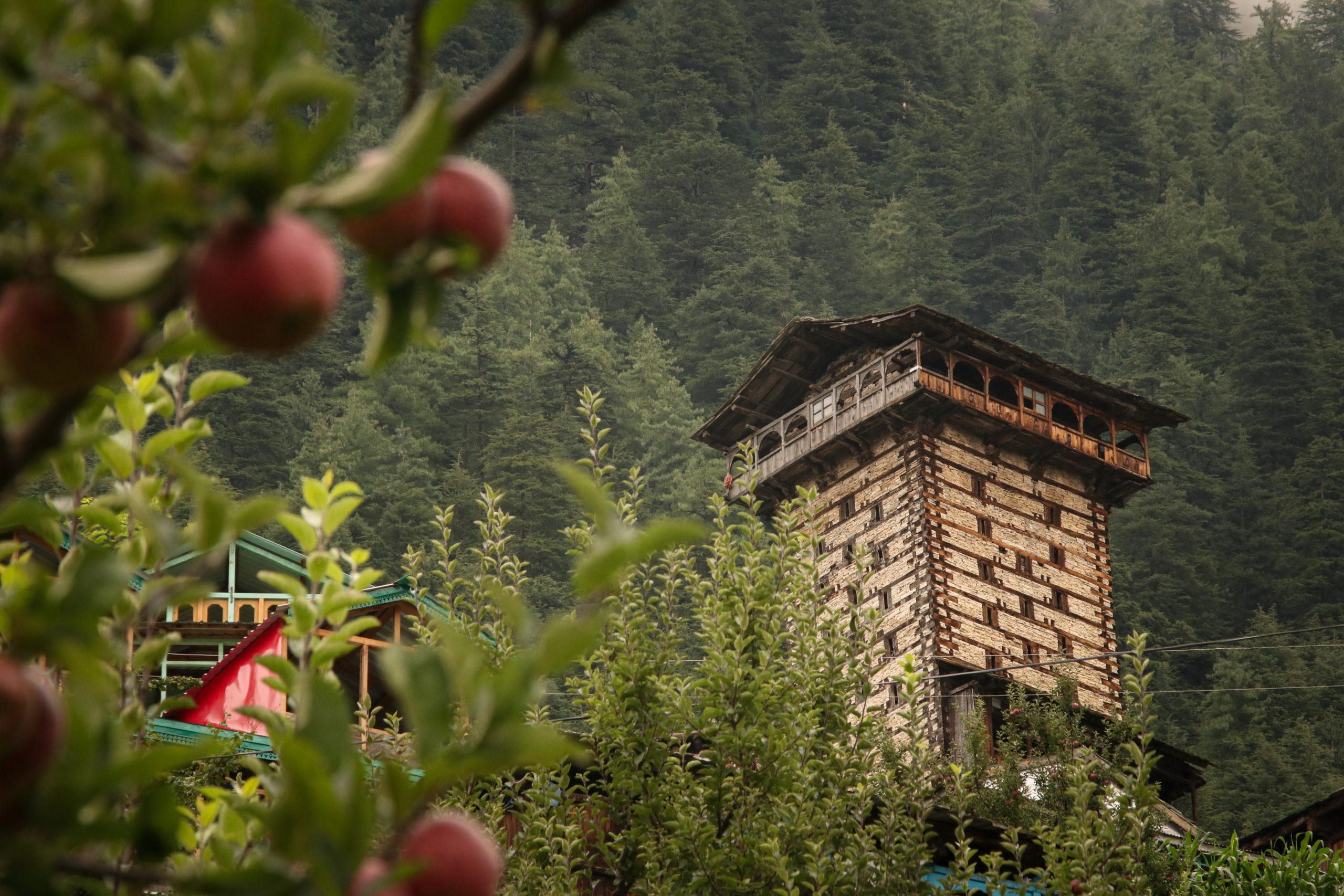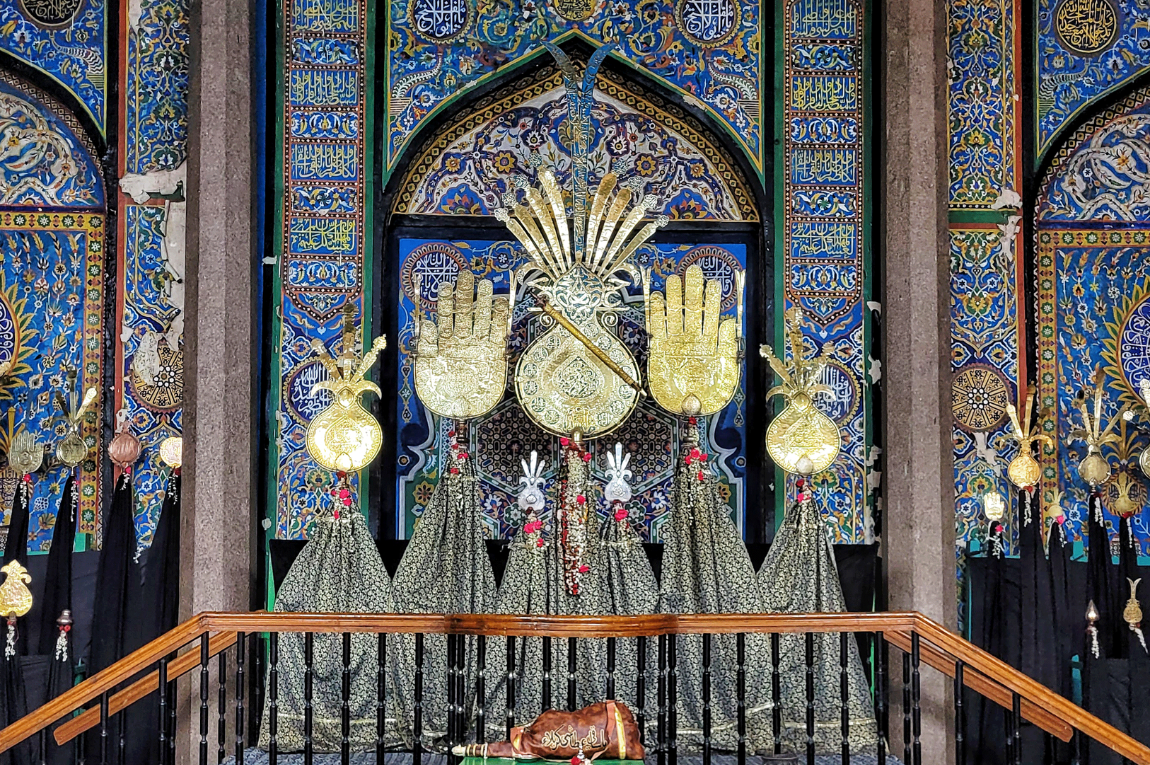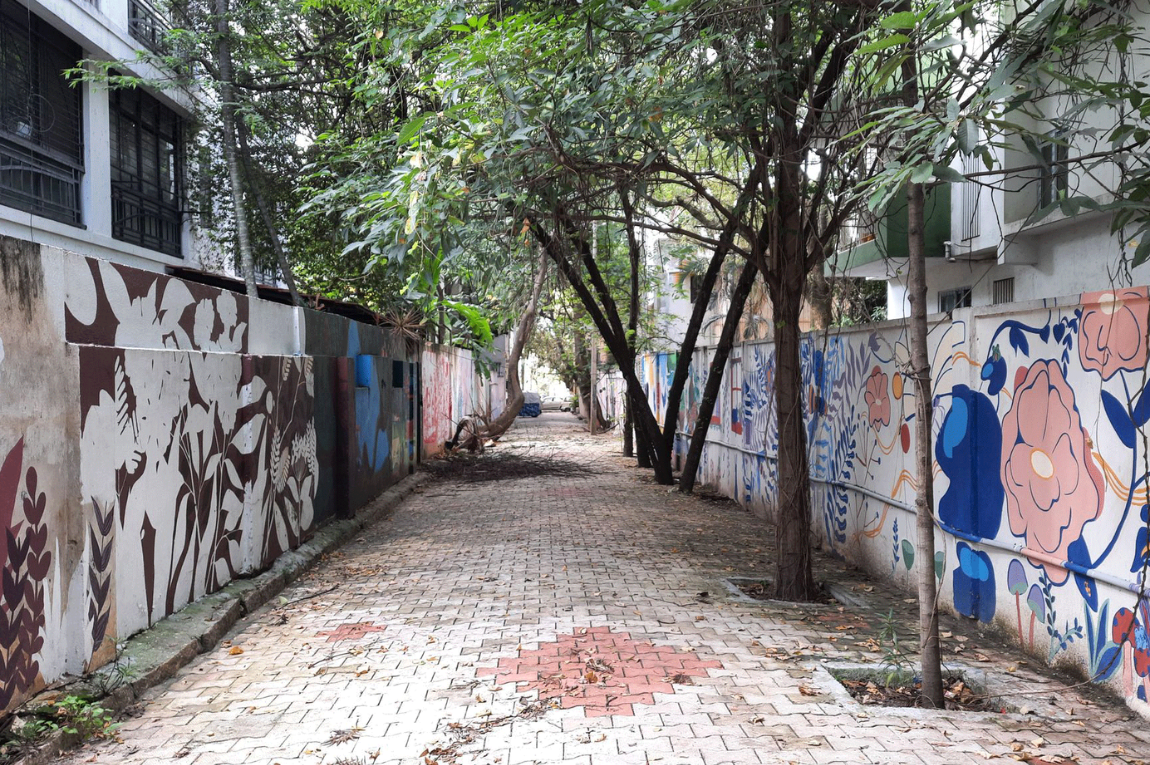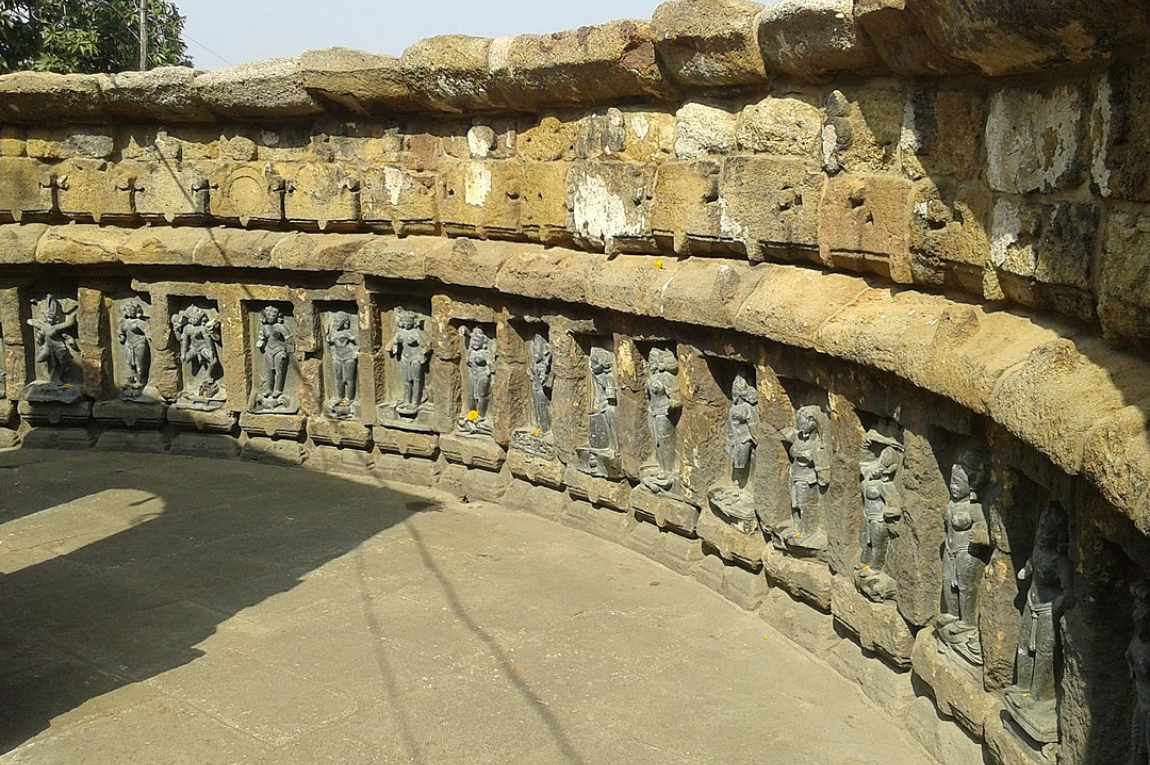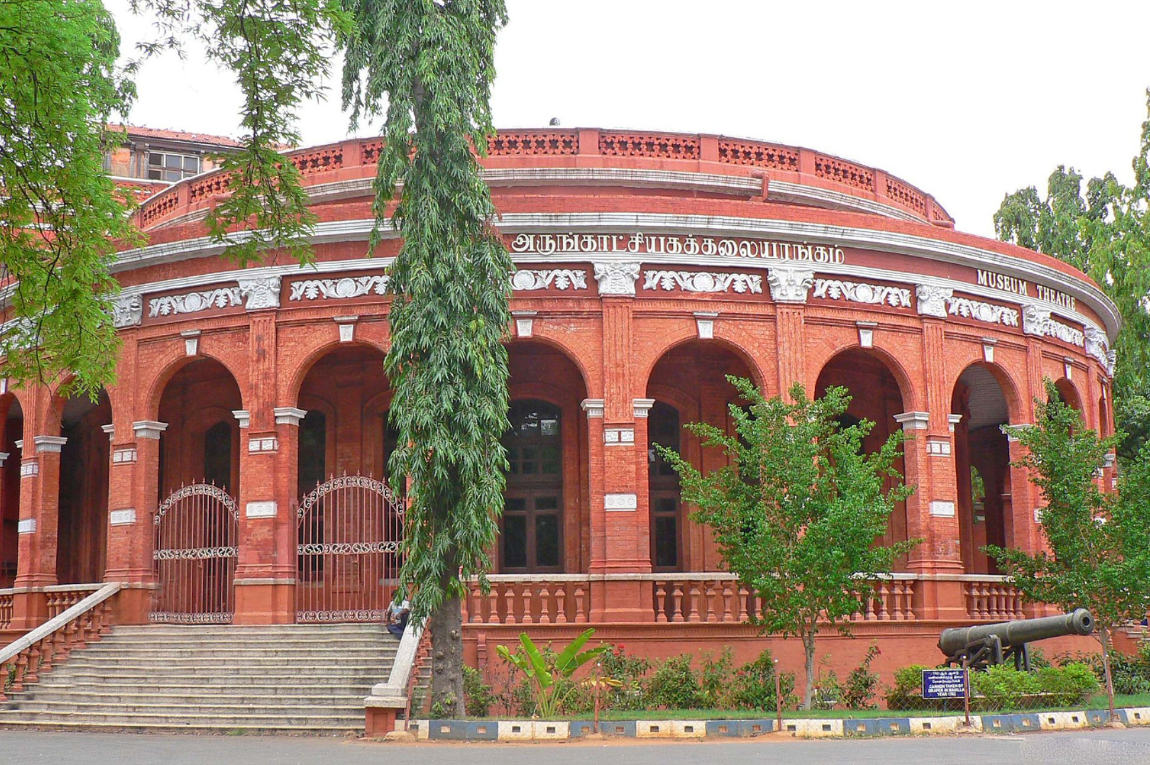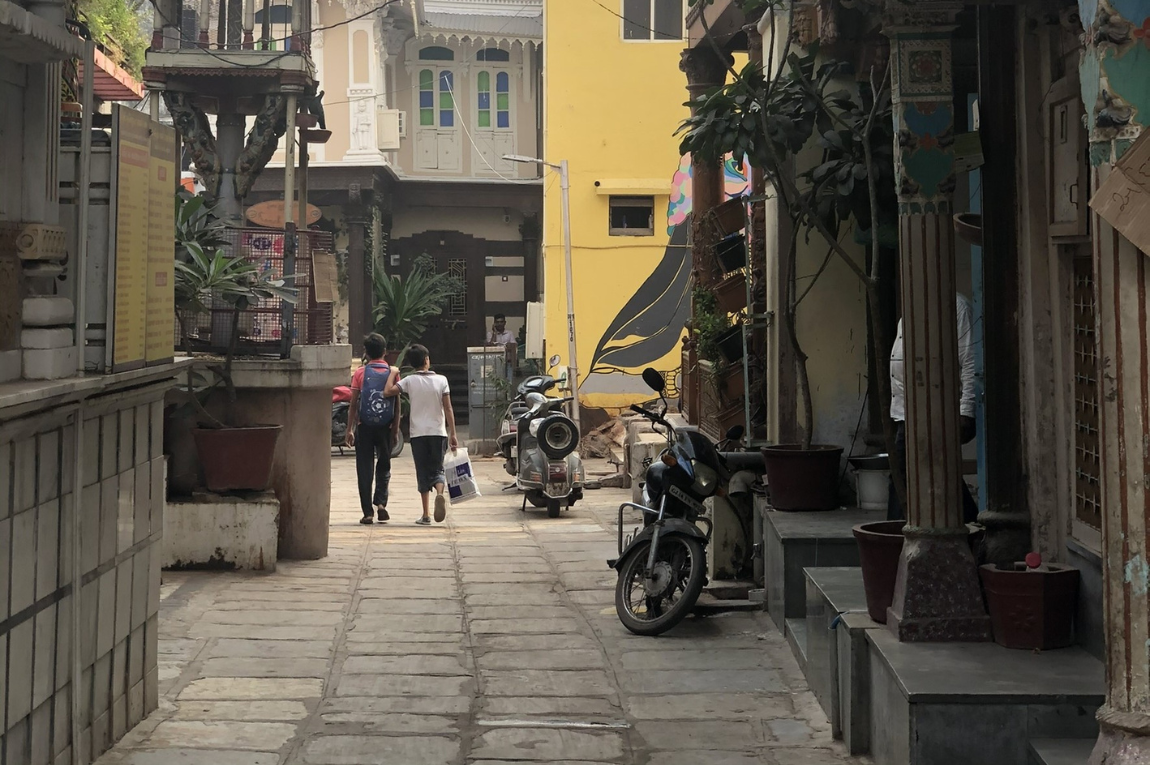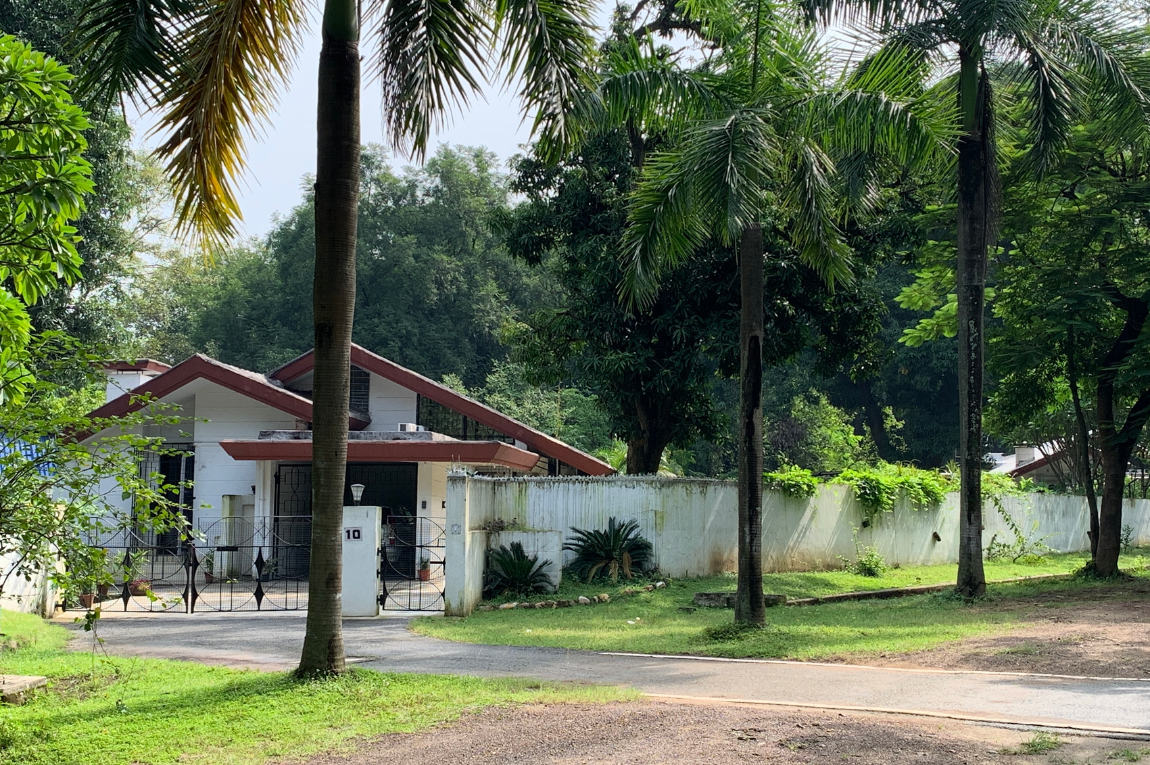What are you currently reading? What was the last unputdownable book you read?
I actually re-read Pauline Kael’s biography — A Life in the Dark by Brian Kellow. It’s just wonderful. I mean, of course, she is one of our greatest film critics. I’m a huge Kael fan, and as a film critic myself, to find out more about her life, the things that didn’t work, and how deeply painful it was at times to be her, was very insightful. So for me that was really really unputdownable.
I’m not a big reader of fiction though I did read Pyjamas are Forgiving [by Twinkle Khanna] because I did an interview with Twinkle. Normally I don’t read [fiction] though she’s the one who put me on to The Vegetarian [by Han Kang], which I really enjoyed.
I think reading is one of those activities you pick up when there’s not much to do, but it seems like there’s always a lot going on, so it’s tougher to get to.
There’s too much going on! In fact one of my New Year’s resolutions was to read more and I have read more, but only marginally. And I feel like, holy shit, the year’s already coming to an end and what have I managed? Not much.
That’s fine. There’s always next year.
Indeed. And I keep seeing on Twitter, you know, “CEOs read at least 60 books a year”, and I’m like, “That’s why I’m not a CEO!”
But you’re running a film festival, you have a website [Chopra is the editor of ‘Film Companion’] that does a lot of great criticism, and there are the video interviews — so there’s a lot keeping you busy.
There’s always too much on my plate but yeah, I am starting to feel a bit illiterate.
MAMI will be completing two decades this year. There are so many languages being represented in cinema, and then there are art-house films, multiplex cinema, Bollywood and so much more. How do you strike a balance between showcasing regional and indie movies and also bringing in international ones you think the audience would appreciate, or that would expose the audiences to new films?
I think it’s a very, very exciting time because there’s a lot of amazing work happening and so many different movies [being made]. When I started as a journalist, honestly, there were only two kinds of movies — the Hollywood blockbuster films, which would be released in India much later [than their global release date], and you had the mainstream Bollywood films. As a viewer, these were your only choices. The art-house movement was almost over by the early 90s. And if you look at the choices you have today, it’s just brilliant! At MAMI, we have programmers and curators who only specialise in the selection of films for the Festival.
While I think these are exciting times, they are challenging as well because when you can watch anything on Netflix or Amazon, how do I, as a Festival Director, get you to come to my Festival? My duty then is to ensure that these films find an audience, and to keep the audience growing — that’s really challenging. Every year, we want to convince newer audiences to attend the Festival, we want college kids to come and see the many kinds of cinema they’re otherwise not even looking at. The audience is more interested in eclectic cinema — people are excited about the movies and there’s a real resurgence of love for the movies. So while it’s fun, it is equally challenging. Running a festival is a brutal and thankless job. Honestly, more than me, Smriti Kiran [Artistic Director, MAMI] should be telling you about this because she runs it day-to-day; she’s the person at the sort of, frontline.
Would you then want a certain number of Indian movies, a certain number of international ones, or does it just depend upon quality?
No, no, there are different sections. There is ‘India Gold’ for Indian films, then there’s the competition section which is for all debut films. But there is no quota as such — it is about quality, it is always about quality.
How do you think the Festival has evolved over the years? How have you seen the Festival change since you joined?
Honestly, I have only just started out. This is our fourth year — our first year was 2015. I think a big difference is that we’ve kind of — and this is something I’ve personally been criticised for but I’m very proud of — brought the film industry into the Festival. It was otherwise a little aloof, you know. The film industry and the Festival were two separate entities. You can’t have a film festival in the movie capital of the country and not have the biggest brand in the country involved with it. So I think that’s a big change. We’ve made Indian cinema our forte, and we want to be the gateway to great Indian cinema. I’m so proud that Village Rockstars [India’s official entry for the Best Foreign Language Film category at the Oscars for 2019] was showcased at MAMI last year, and that Rima [Das] won the top prize. So for me, these have been big changes and very exciting changes.
Could you take us through the process of how the work for each edition of the Festival takes off?
We start working… we’re notorious! I think it was last year, exactly the day after the Festival got over, that Smriti and I were in a meeting with someone. I can’t remember who it was and my husband was like, “Are you stupid, are you crazy, this just got over!” I said, “Yeah, but we have to do this.” It’s very hard and honestly, far, far more credit to Smriti and the team than I can take credit for. The work really starts the very next day, there’s no rest for the wicked at all.
While you did mention the rise of Netflix and streaming-on-demand services, what sort of space do you think a film festival occupies — both in Mumbai and internationally? Considering the fact that anybody with a Netflix subscription can watch a movie any night of the week, what role do you see a festival playing or MAMI playing, in general?
I think firstly there is no substitute for the ‘big-screen experience’ — that of watching great cinema on a massive screen with hundreds of other people. For me there’s still great value in that; it’s a singular experience. I always get people coming up to me and saying that the first few friends they made in Mumbai were whilst waiting in the queues during MAMI, because you spend roughly 30-45 minutes standing in line, and so you begin to chat. And you can’t really replicate that experience while watching Netflix at home. I’m a Netflix fan myself, I love what that platform offers but I think the festival experience is unique and enriching in a very different way. This year we’re going to have a masterclass by Darren Aronofsky — where are you going to get that, you know? Where will you get that sort of excitement and passion, of being with like-minded people who are also there because they love the movies? I think it’s a very singular kind of high that a film festival provides.
MAMI recently hosted the Word to Screen initiative, curated by Arpita Das of Delhi-based Yoda Press, where books can be adapted for the screen. Can you share what the response to it has been like? Are there plans to make it a more frequent occurrence?
Word to Screen is an annual event, now in its third edition, and we’re very convinced that there’s a space to be filled, by putting publishers and content producers in the same room. There is a constant lament that there are no good writers. But there are some great stories out there, which simply need to be picked up by the right people. The response has always been amazing, and we’re hoping that storytellers will find good stories. We had more languages this time, and more publishing houses, so I think it’s going from strength to strength.
Is there a reason as to why you don’t time it to coincide with the Festival itself? Or is it because it’s something that’s more industry-focused?
It’s a completely different thing — a big event, spread over two days, and it takes a lot of time, effort and energy — which would otherwise be lost during the Festival. In 2016, we timed it during the Festival but firstly, it’s hard for us to do it while we’re also managing the Festival and secondly, I think it is another experience altogether.
Going back to books and reading — which film, do you think, when adapted from a book did justice to the original plot and story? And secondly, which book would you like to see adapted into a film?
I have to say I loved all the Harry Potter films, and I loved the books. I was obsessed with them but was always very sceptical because, you know, so much of it is in your head. But the way those things were finally interpreted on screen — it was magical! For instance, to see Hogwarts [on screen] or even the actors they chose for the characters we all loved so much. It really was a successful adaptation and added to my experience of reading the books, which otherwise rarely happens.
And what would I like to see on screen; honestly, I don’t know who can do it but I think if you could get a director like David Lynch, who has that kind of mindset to adapt a book like The Vegetarian, it would be amazing!
Yes, it’s a bit intense and well, not creepy, but has a sort of mood to it…
Exactly! So you need somebody, or a Darren Aronofsky! I mean, look at what he did with Mother. So I think he could probably do something incredible with that book.
With the growth of the internet and the mushrooming of opinions online, do you think the role of the film critic has changed over the years, especially as far as integrity is concerned?
I don’t think it has changed. What has changed is that we now get instant feedback, there is a back and forth with people who listen to us. You are watching cinema and offering an informed opinion, your honest and personal truths about a film. It’s just the platforms that have changed because now I am entirely online. The fact that I’m online also makes it a more interactive experience, which is exciting yet exhausting because I get trolled on a regular basis. But I don’t think the role of a film critic changes; I think it stays the same.
Aatish Nath is an independent writer based out of Bombay. He writes about food, travel and music and enjoys making photographs. His work has appeared in publications such as The Hindu, Condé Nast Traveller India, The Wire, Lost and CityLab, among others. He tweets as @aatishn.
